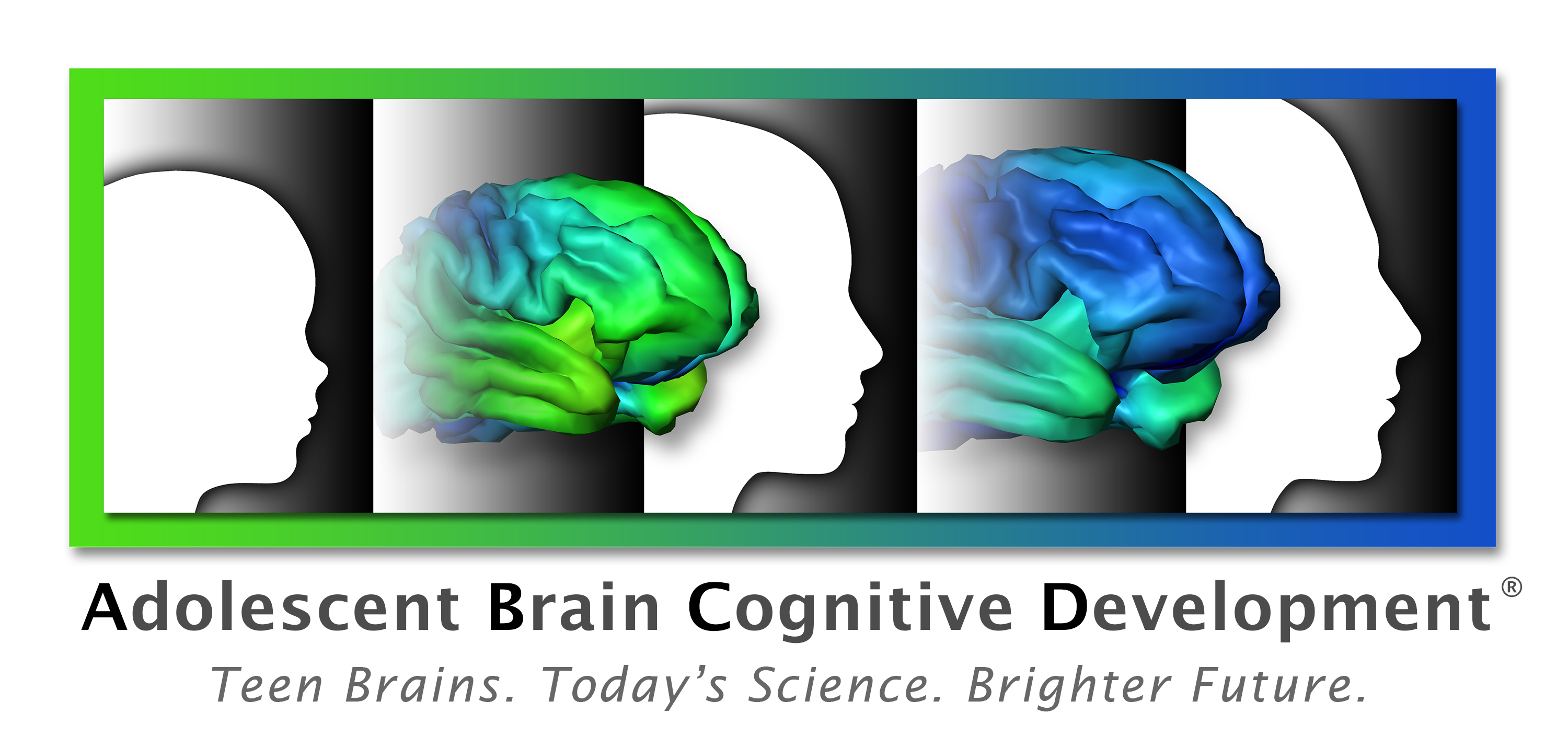The National Institutes of Health awarded the University of Michigan one of thirteen research grants to institutions around the country as part of a nationwide study about how childhood experiences affect brain development.
The Adolescent Brain Cognitive Development (ABCD) study will follow approximately 10,000 children at nineteen sites beginning at ages nine to ten and track their biological and behavioral development through adolescence into young adulthood.
Using cutting-edge technology, scientists will determine how childhood experiences (such as sports, videogames, social media, sleep patterns, and smoking) interact with each other and with a child’s changing biology. The researchers will monitor how brain development is affected and – ultimately – social, behavioral, academic, health and other outcomes. It is the largest long-term study of brain development and child health in the United States.
ABCD study organizers will partner with public, private and charter elementary schools to ensure that participants accurately represent the U.S. population (this includes a variety of demographic groups).
The University of Michigan (UM) site, led by Drs. Mary Heitzeg and Robert Zucker, will recruit 575 nine and ten-year-olds into the ABCD study. They are currently in the process of reaching out to schools within a reasonable travel distance from UM to ask for their help in reaching the parents of eligible children. As enrollment will occur over a two year period, contact to schools will be staggered so not all schools will be approached at the same time.
“We will be focusing on the relationships among childhood experiences, brain maturation and mental health and how these influence one another over time,” said Dr. Mary Heitzeg, study lead for UM. “Of particular interest for our group is to identify the contextual factors—such as family dynamics, social supports, peer influences and neighborhood characteristics—that impact these relationships to shape healthy or unhealthy outcomes. The large, diverse sample of youth to be followed by the ABCD study will afford an unprecedented opportunity to uncover critical risk and protective factors that affect brain development and associated outcomes as they unfold over time.”
Drs. Heitzeg and Zucker are both faculty in the Psychiatry Department and Addiction Center at the UM Medical School. Other participating faculty at the University of Michigan include: Dr. Luke Hyde from the Department of Psychology in the College of Literature, Science and Arts; Dr. Timothy Johnson from the Biostatistics Department in the School of Public Health; Dr. Scott Peltier from Biomedical Engineering in the College of Engineering; Dr. John Schulenberg from the Department of Psychology and Institute for Social Research; and Dr. Chandra Sripada from the Psychiatry Department in the Medical School.
The ABCD Study will seek to address many questions related to childhood health and development that will help inform prevention and treatment research priorities, public health strategies, and policy decisions. The results of the ABCD study will provide parents; school superintendents, principals, and teachers; health professionals; and policymakers with practical information to promote the health, well-being, and success of children.
For more information please ABCD study website.




